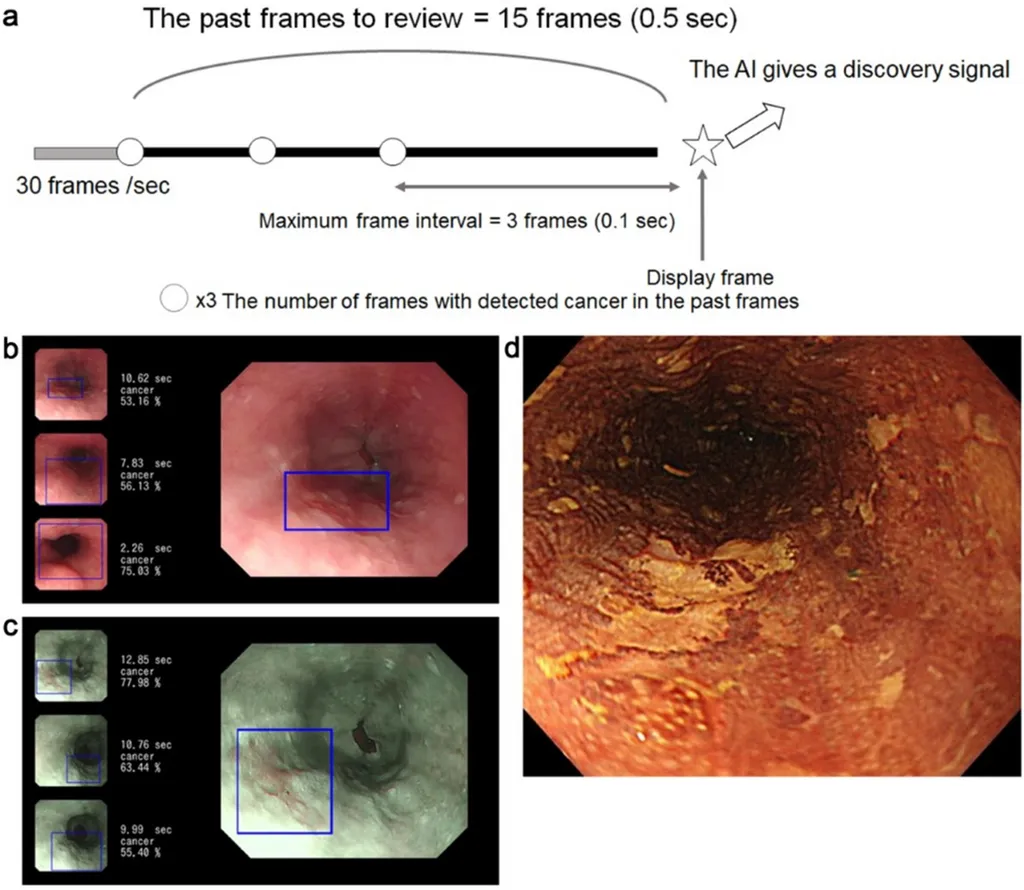In the realm of cancer detection, early diagnosis is often the key to improving patient outcomes. A recent study led by Jiangfeng Shen from the Taizhou School of Clinical Medicine, The Affiliated Taizhou People’s Hospital of Nanjing Medical University, has made significant strides in this area, particularly for esophageal squamous cell carcinoma (ESCC). Published in the journal *Scientific Reports* (translated to English as *Scientific Reports*), the research introduces a novel approach that combines enzymatic methyl sequencing with a hybrid neural network to enhance the detection of circulating tumor DNA (ctDNA).
Traditional methods of detecting cancer often rely on bisulfite-based methylation detection, which can cause DNA damage, especially in regions with high GC content—areas often associated with cancer development. This damage can lead to the loss of aberrantly methylated CpG sites in cell-free DNA (cfDNA), making certain ctDNA undetectable and potentially affecting cancer detection. Shen’s study addresses this issue by using an enzymatic method to detect whole-genome abnormal methylation regions in ESCC.
“We aimed to overcome the limitations of bisulfite-based methods by employing an enzymatic approach,” Shen explained. “This method retains more longer cfDNA and detects more CpG sites, providing a more comprehensive view of the methylome.”
The study also introduces a pretrained neural network, a hybrid of BERT and CNN (BCNN), to robustly identify ctDNA. By utilizing maximum posterior probability, the researchers were able to estimate the fraction of ESCC-derived ctDNA in plasma, thereby predicting the risk of ESCC cancer with high accuracy.
“Our BCNN demonstrates the best performance in identifying ctDNA compared to traditional models,” Shen noted. “Even at ultralow sequencing depths, it exhibits high accuracy in ESCC detection.”
The results of the study are promising. Enrichment analysis of differentially methylated regions (DMR) showed that the top five pathways were associated with ESCC. In the validation cohort, when the specificity was set at 93.75%, seven out of eight early-stage ESCC cases (TNM Stage I) were identified as positive.
This research has significant implications for the future of cancer detection. The combination of enzymatic methyl sequencing and advanced neural networks could revolutionize early diagnosis, leading to better patient outcomes and more effective treatment strategies. As Shen and his team continue to validate their findings with larger sample sizes, the potential for clinical application grows ever more promising.
In the broader context, this study highlights the power of integrating advanced technologies in medical research. The use of enzymatic methods and neural networks not only enhances the accuracy of cancer detection but also paves the way for more sophisticated and reliable diagnostic tools. As the field of agritech continues to evolve, such innovations could have far-reaching impacts, shaping the future of healthcare and beyond.

